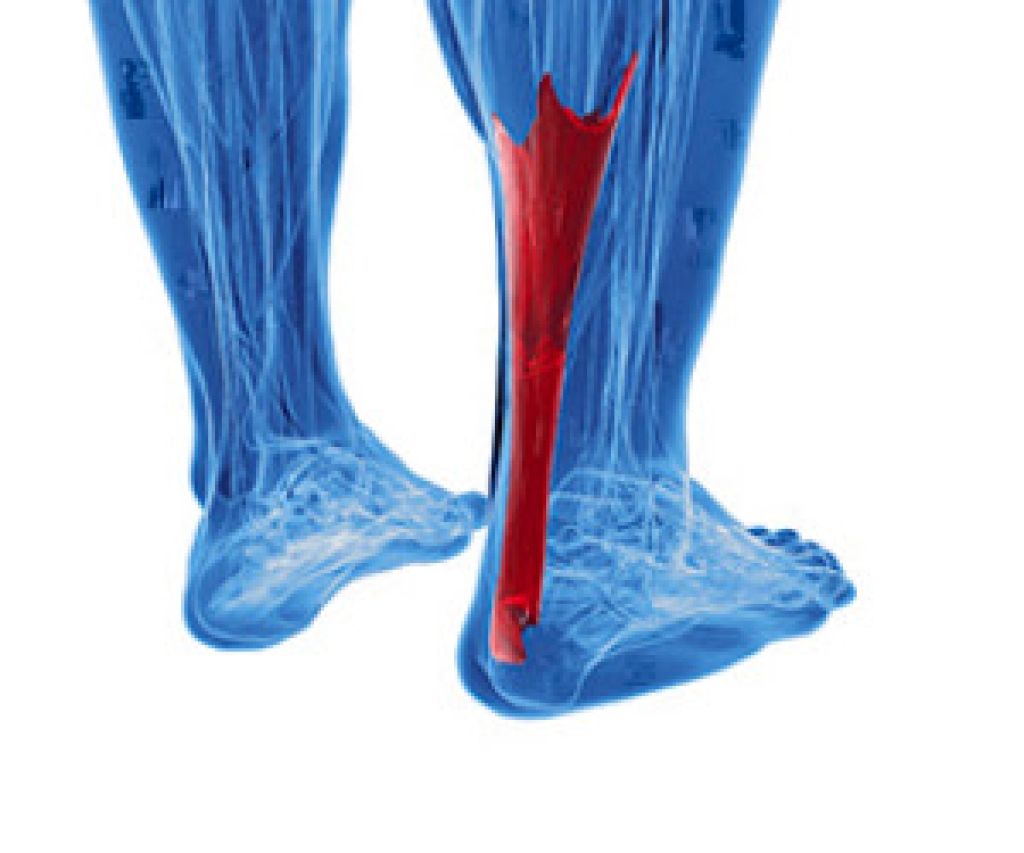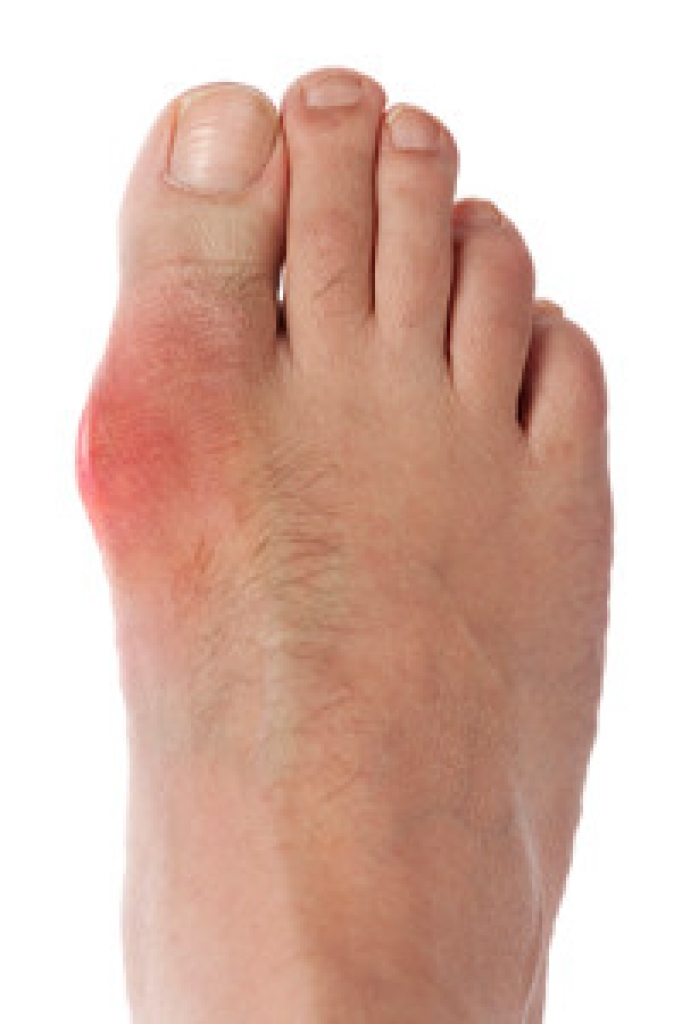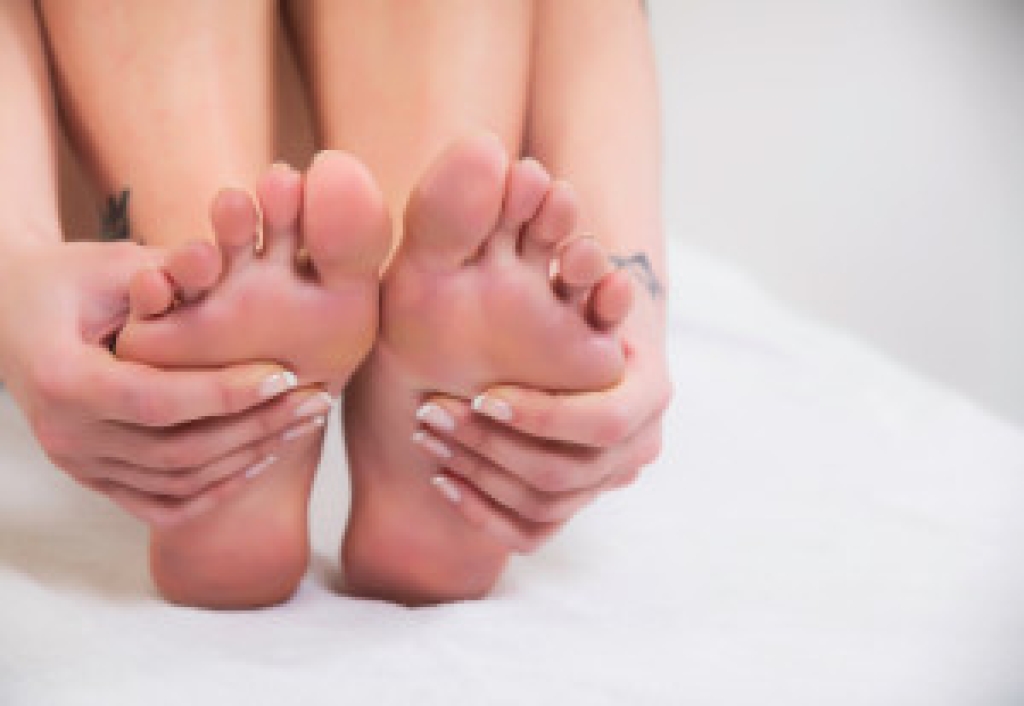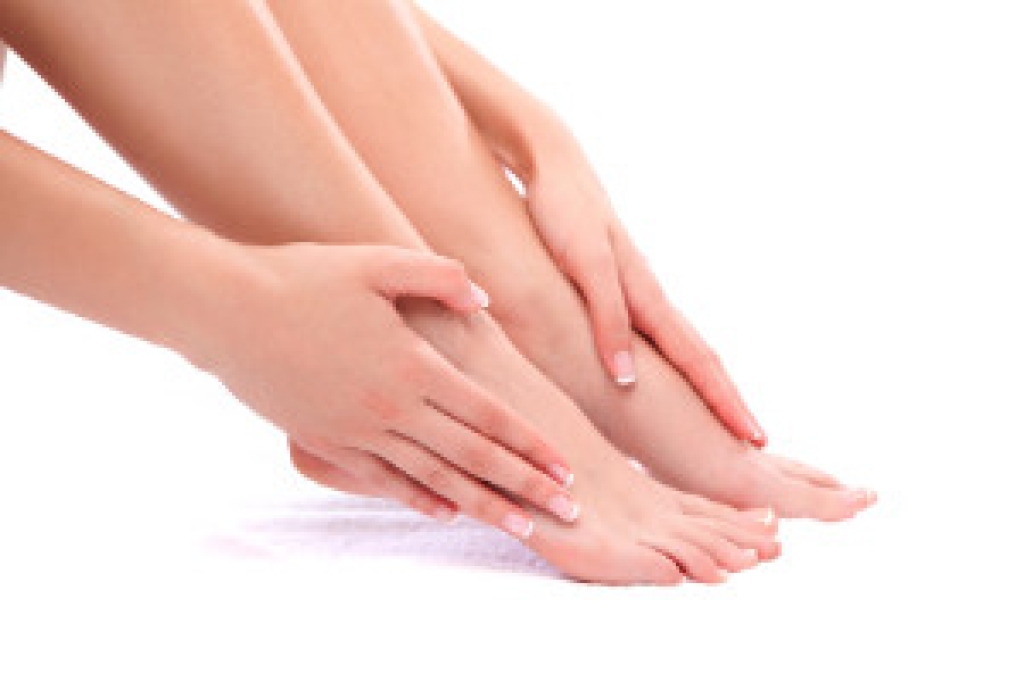 Many podiatrists are suspecting that Achilles tendon injuries will be on the rise especially amongst those aged 30 to 50. Every year, approximately 230,000 Achilles tendon injuries occur in the United States. While Achilles tendon injuries are typically common among young athletes, professionals suspect that the number of middle-aged and older patients sustaining Achilles tendon injuries is rising because they are staying active longer. The severity of Achilles tendon injuries can vary between mild to moderate. Injuries of this degree typically cause pain and stiffness but can heal on their own. Surgery may be necessary for more severe cases, such as the tearing or rupturing of the Achilles tendon.
Many podiatrists are suspecting that Achilles tendon injuries will be on the rise especially amongst those aged 30 to 50. Every year, approximately 230,000 Achilles tendon injuries occur in the United States. While Achilles tendon injuries are typically common among young athletes, professionals suspect that the number of middle-aged and older patients sustaining Achilles tendon injuries is rising because they are staying active longer. The severity of Achilles tendon injuries can vary between mild to moderate. Injuries of this degree typically cause pain and stiffness but can heal on their own. Surgery may be necessary for more severe cases, such as the tearing or rupturing of the Achilles tendon.
Achilles tendon injuries need immediate attention to avoid future complications. If you have any concerns, contact one of our podiatrists of PA Foot & Ankle Associates. Our doctors can provide the care you need to keep you pain-free and on your feet.
What Is the Achilles Tendon?
The Achilles tendon is a tendon that connects the lower leg muscles and calf to the heel of the foot. It is the strongest tendon in the human body and is essential for making movement possible. Because this tendon is such an integral part of the body, any injuries to it can create immense difficulties and should immediately be presented to a doctor.
What Are the Symptoms of an Achilles Tendon Injury?
There are various types of injuries that can affect the Achilles tendon. The two most common injuries are Achilles tendinitis and ruptures of the tendon.
Achilles Tendinitis Symptoms
- Inflammation
- Dull to severe pain
- Increased blood flow to the tendon
- Thickening of the tendon
Rupture Symptoms
- Extreme pain and swelling in the foot
- Total immobility
Treatment and Prevention
Achilles tendon injuries are diagnosed by a thorough physical evaluation, which can include an MRI. Treatment involves rest, physical therapy, and in some cases, surgery. However, various preventative measures can be taken to avoid these injuries, such as:
- Thorough stretching of the tendon before and after exercise
- Strengthening exercises like calf raises, squats, leg curls, leg extensions, leg raises, lunges, and leg presses
If you have any questions please feel free to contact one of our offices located in Allentown, Easton, Northampton, and Chew Street in Allentown, PA . We offer the newest diagnostic tools and technology to treat your foot and ankle needs.


 Toenail fungus
Toenail fungus